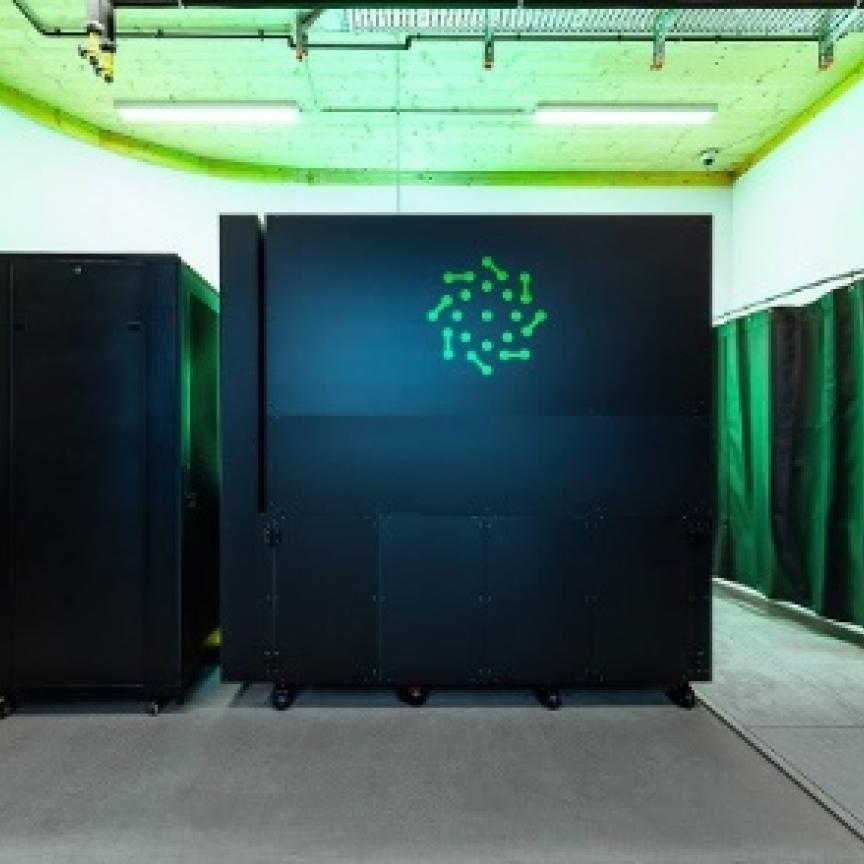The Gauss Centre for Supercomputing (GCS) has announced Professor Michael Resch has been named as the new chairman of the GCS Board of Directors. Resch succeeds Professor Thomas Lippert, director of the Institute for Advanced Simulation at Forschungszentrum Jülich and head of the Jülich Supercomputing Centre.
Resch has served as director of the High-Performance Computing Center Stuttgart (HLRS) for more than a decade, and is also director of the Institute for High-Performance Computing (IHR) at the University of Stuttgart.
‘Over the coming years, GCS is devoted to keeping its leading European position in HPC,’ said Resch. ‘With all the challenges of architectural diversity and varying user requirements, we strongly believe that GCS will face the challenge and deliver performance not just in terms of flops, but more importantly in terms of best solutions and practices for our scientific and industrial users.’
Resch is enthusiastic about leading the next chapter of leading-edge German HPC. ‘As GCS enters its next phase of funding, I am excited to take the lead and, together with my two colleagues from Jülich and Munich, shape the future of supercomputing in Germany,’ he said.
GCS unites the three major German supercomputing centres—the High-Performance Computing Center Stuttgart, Jülich Supercomputing Centre, and Leibniz Supercomputing Centre, Garching near Munich—into a single entity aimed at delivering complementary system architectures and expertise to scientists and engineers across Europe. GCS consistently maintains three of Europe’s most powerful supercomputers
Each centre sends 3 representatives to vote on the chair, including each centre’s director, leadership from the centre's managing academic institution, and chair of each centre's scientific steering committee. Resch takes over as the three GCS facilities prepare to acquire their respective next-generation supercomputers.
The GCS is jointly funded by the German Federal Ministry of Education and Research and the federal states of Baden-Württemberg, Bavaria, and North Rhine-Westphalia. It is headquartered in Berlin, Germany.

